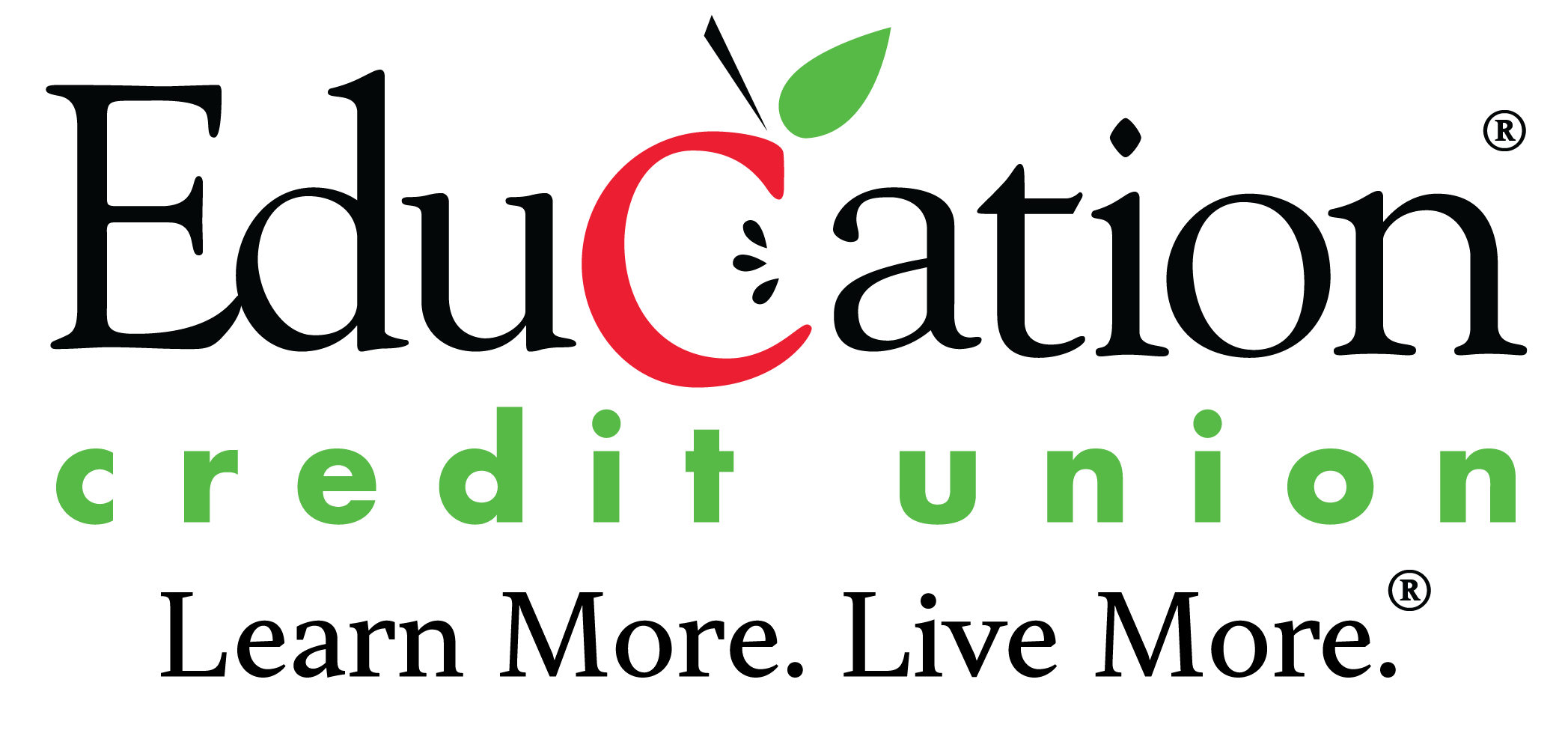
At Education Credit Union, we work to help you become financially aware and better prepared for financial crises and bigger expenses. That’s why we’ve provided important steps below to achieve those goals.
Here are four steps to follow:
1. Create a Budget
Creating a budget for your living circumstances, and following it, is one great way to take control of your finances. A budget can help you lower debt, plan for emergencies, and save for expensive purchases like a new home or car. Sitting down and working step-by-step to understand where your money comes from, where it goes, and what bills are due is the first step toward creating a livable and manageable budget.
2. Open a Savings Account
A savings account is one of the most important steps in becoming more financially stable. Putting aside a little money every month can help you gain confidence and financial security. Cash to cover one month of expenses in a savings account can help protect your household if you experience financial hardship. Here at Education Credit Union, we have the perfect savings account to help you get started, click here.
We also believe in building good savings habits in children. That’s why we offer a $mart Start Savings account, in which your student can get paid for good grades from Kindergarten through seniors in high school. In addition to getting paid for A’s and B’s on their semester report card, they also receive a $5 deposit during their birthday month.
3. Consolidate your Debt
Consolidating debt (putting all of your debt into one lump-sum payment) can be helpful in many ways for those with multiple credit card balances or loans. A consolidation loan is a way to simplify debt, help you budget your expenses and possibly lower monthly payments. You can potentially boost your credit score by making your payments on time and paying off your active credit cards. However, be mindful of any up-front fees such as loan origination fees, balance transfer fees, closing costs, and annual fees that are often associated with these types of loans. Overall, it is important to research how debt consolidation may be able to help you before jumping into it.
Additionally, our certified financial counselors can provide more guidance on how to navigate debt consolidation and credit scores. Their services are FREE and available to anyone, not just credit union members.
4. Open a $mart Checking Account
At Education Credit Union, we put people first and impact always! That is why we pay higher dividends to our members. Our $mart Checking account allows you to take back control of your money, with no over-thinking required.
$mart Checking Features:
- No minimum opening deposit
- Access to over 67,000 surcharge-free ATMs nationwide
- Free instant issue VISA debit card
To meet minimum qualification requirements to qualify for a higher Bonus Rate or Bonus Rate Plus on your $mart Checking account, you must:
- Be enrolled in edocs
- Complete at least 15 non-ATM debit card transactions that post and settle your account
- Receive at least $500 in electronic deposits
The $mart Checking account is a tiered rate account. Each interest rate will apply only to that portion of the account balance within each balance range. If you meet the above specified minimum qualifications requirements and maintain a minimum $1,000 daily balance during the monthly qualification cycle, the Bonus Rate Plus and Annual Percentage Yield listed for this account in the Rate Schedule will apply to balances of up to $50,000, and the Standard Rate and Annual Percentage Yield listed for this account will apply to balances over $50,000. If you meet the minimum qualification requirements but do not maintain a minimum $1,000 daily balance during the monthly qualification cycle, the Bonus Rate and Annual Percentage Yield listed for this account in the Rate Schedule will apply to your entire balance. If you do not meet the minimum qualification requirements but maintain a minimum $1000 daily balance during the monthly qualification cycle, the Standard Rate and Annual Percentage Yield as listed in the Rate Schedule will apply to the entire balance.
Learn More, Live More.
Financial Awareness is a part of the Credit Union difference. As a member of Education Credit Union, we provide you with great banking options and financial literacy that can help you become financially sound. Together, we can Learn More, Live More.
Call us today at 806-358-7777 to discuss which accounts are right for you.
*APY=Annual Percentage Yield. Rate subject to change without notice. To qualify for stated APY, the average daily balance in the account must be at least $1,000.
https://www.consumerfinance.gov/about-us/blog/budgeting-how-to-create-a-budget-and-stick-with-it/
